Shopify Store Analytics: How to Use Data for Growth

Content Writer and Graphic Designer

Shopify store analytics is a powerful reporting tool and metrics offered by Shopify. It allows business owners to check their online performances. Shopify analytics and reports enable stores to review recent activities and visitors. It helps businesses to track sales, customer behavior, and growth opportunities.
Shopify offers store owners built-in and third-party analytic tools. These tools help businesses to stay competitive in a fast-paced marketplace. Shopify analytics provide insights to all-sized businesses that help them make important decisions.
In this blog, we'll understand Shopify Store Analytics. Also, how these analytics help in business growth and making data-driven decisions.
Overview Shopify’s Built-In Analytics Tools
Shopify offers robust built-in analytic tools to help owners analyze store performance. These tools provide actionable insights and track customer behavior and operations. Shopify analytics has the following main sections:
Shopify Analytics Dashboard
The customizable analytics dashboard page is a collection of data charts called metrics. It gives a quick view of important tracked statistics. The dashboard insights include:
- Total Sales track income over a customizable period.
- Sales By Channel compares how well sales channels are performing.
- Top-selling Products highlight the most sold products.
- Online Store Conversion Rate shows customers percentage who made purchases.
- Online Store Sessions track the number of visits to the store.
- Total Orders measure the total number of orders.
- Average Order Values highlight the average number of spent by customers per order.
Report Section
Shopify offers built-in and advanced reports to provide detailed data metrics. The Shopify report section contains reports on sales, customers, inventory, and so on. Shopify allows advanced Shopify or higher store owners to create customizable reports.
Live View
Live view is the real-time view of the activities in the stores. It includes a world map and globe to show where traffic comes from. It also displays the other key metrics like Live visitors, sales, and orders. The live view is a very useful tool during traffic periods like sales and promotion.
Implementing Google Analytics With Shopify Store
Google Analytics integration is a powerful way to achieve deeper insights. It gives in-depth data about customer behavior, traffic resources, and other performance. This integration optimizes the store for better conversion and sales. Here are the following steps to integrate Google Analytics with the Shopify store:
Create a Google Account To Use Google Analytics
- If you already have Google accounts like Gmail or Ads, then use that account.
- If you don't have an account, create one.
- After creating a Google account, create an account on Google Analytics.
Enable Enhanced eCommerce Tracking in Google Analytics
- Navigate Admin > View > Ecommerce Settings.
- Allow both Enable Ecommerce and Enhance Ecommerce Settings toggle. Save settings.
Enabling enhanced e-commerce tracking allows users to collect detailed data about customer behavior. It provides analytics about product views, add-to-cart actions, and purchases.
Add Google Analytics Tracking Code to Shopify
- Opening the Shopify dashboard admin. Click Online Store > Preference.
- Paste the tracking code in the Google Analytics account field. Save it and done!
Enhanced e-commerce tracking provides more details. First, enable enhanced e-commerce settings from Analytics. Click Online Store > Preference. Check the Use Enhance E-Commerce checkbox in the Google Analytics account field.
Verify Integration
Verify integrations by opening the store site in a new tab. Browse some pages and navigate the real-time performance on Google Analytics.
Interpreting Shopify Analytic Key Metrics To Drive Business Growth
Running a successful e-commerce business isn't only store creation and product selling. It is important to track the right data to grow the Shopify business. Shopify Analytics provides valuable key metrics and insights to store owners. Understanding these key metrics helps to make data-driven decisions for business growth. Every store owner should track and analyze the following key metrics.
Sales Metrics
Total Sale: Sales metrics highlight revenue generated in a specific time. They contain all data related to discounts, taxes, refunds, and shipping fees. Tracking the sale metrics allows you to compare the sales in different periods. It helps in evaluating the results of discounts, promotions, and campaigns.
Conversion Rate: The conversion rate metrics show the customers who complete purchases. It highlights how well the store is turning visitors into buyers. The low conversion rate may be due to pricing, checkout process, or site usability issues. To improve conversion, optimize the product pages, checkout process, and calls-to-action (CTAs).
Average Order Value (AOV): It highlights the average number of spent by customers per order. AOV helps to increase revenue without increasing customers by offering free shipping upselling, cross-selling, or discounts.
Top Selling Product: It shows the products that generate high sales on the site. These metrics highlight customer preferences. It helps to decide the future inventories for these products.
Customer Lifetime Value (CLV): It highlights the total revenue generated by customers during their relationship with the store. This shows customer loyalty and repeat buying behavior. CLV increases by focusing on loyalty programs and personalized recommendation strategies.
Traffic Metrics
Traffic Sources: The metrics give information about where the active traffic coming from. It also highlights the traffic channels like organic search, social media, or paid ads. These metrics help Shopify store owners in allocating marketing budgets on different channels. Traffic metrics help to optimize channels or campaigns to drive more target traffic.
Bounce Rate: Bounce rate shows the visitors who leave the site after scrolling one page. To reduce bounce rate make the site content engaging and match visitor expectations. Fast page loading speed also decreases bounce rates.
Returning Customer Rates: Shopify Analytics provides the returning customer rate metrics. It measures loyal and satisfied customers who return to make more purchases. The returning customer rate increases by offering loyalty programs and discounts.
Customer Behavior Metrics
Cart Abandonment Rate: This metric shows customers who add products to the cart but do not buy them. The improvement in the checkout process can reduce the cart abandonment rate.
Session Duration: The metric shows the average amount of time spent by visitors on the site. It shows the level of customer interest and purchases.
Financial Metrics
Return on Investment (ROI): ROI metrics highlight the revenue generated by campaigns. The metric helps to calculate the profit of ad campaigns.
Revenue: It indicates the total income from sales. It helps to identify the seasonal trends by tracking the revenue growth chart.
How Shopify Store Analytics Optimize Product Pages, Marketing Strategies, And Customer Experience
Shopify store analytics provide actionable insights to e-commerce businesses. This data helps stores to optimize product pages, marketing strategies, and customer experiences.
Optimizing Product Pages
Shopify store analytics indicates the top-selling products, product views, and conversions. It helps to make decisions for featuring top products in promotions or recommendations. Bounce rate and session duration metrics enable store owners to optimize product content. Shopify analytics shows the add-to-cart products. A complex checkout process may cause the cart abandonment rate. Making a checkout page simple and easy can reduce cart abandonment. Optimizing product pages increases customer engagement and conversion.
Enhance Marketing Strategies
Shopify analytics evaluate traffic by different sources such as paid, or organic search. This allows store owners to decide the budget and effort for high-performing sources. Shopify provides marketing reports of various campaign results on sales, traffic, and conversion. These results help in enhancing marketing strategies on campaigns for better ROI.
Improve Customer Experience
Shopify offers various analytical reports that help to improve customer experience. These reports provide insights into the loading speed of the website's different pages. Page optimization enhances speed and improves customer experience.
Different metrics like navigation, session duration, and bounce rate show customer behavior. Improving these metrics converts visitors into buyers and increases customer loyalty. Analyzing customer behavior helps store owners to offer discounts and personalized product recommendations. Shopify analytics not only improve customer experience but also increase business growth.
How A Shopify Development Agency Can Help in Shopify Store Analytics
Shopify development services provide complete guidance to maximize store analytics potential. These technical experts have deep knowledge of analytical tools. Shopify development services use advanced analytical strategies to provide data accuracy.
Advance Analytical Setup and Integration
The Shopify service provider sets the proper configuration of built-in Shopify analytics. They avoid errors in setup and ensure to tracking of accurate key metrics like sales, traffic, etc.
Shopify development agencies integrate Google Analytics for advanced tracking. They enable enhanced e-commerce tracking features like product view, checkouts, and cart activity. This integration provides in-depth insight into customer behavior.
Data Analysis and Interpretation
The Shopify service agencies analyze the abandoned cart, bounce rate, and session duration. These metrics identify the areas of store improvement to enhance user conversion.
The developers continuously track the store performance, sales, and customer behavior. It helps to predict user demand and plan inventory.
Custom Dashboard Development
Shopify development services can create custom dashboards according to store needs. It allows businesses to focus on important metrics like top-selling products, or ROI.
Optimizing Product Pages
Shopify service providers use insights to optimize product pages for better user engagement. They improve the product descriptions, images, and cart abandonment issues. The page optimization increases the load speed of the site and conversion rate.
Enhanced Customer Experience
Shopify service agencies use session duration metrics to improve navigation and site structure. It improves the user experience and reduces the bounce rate. They make the checkout process simpler to increase conversion and sales.
Integrate Third-Party Tools
Shopify development agencies integrate third-party tools for creating advanced reports and insights. Third-party apps like Hotjar, SEMRush, and Klaviyo expand analytic capabilities.
Performance Monitoring and Reporting
Shopify development service provides store performance reports and recommendations for improvement. These reports help businesses make data-driven decisions.
Professional Shopify service providers have expertise in complex analytics. They provide clear and accurate analytics to store owners. Skilled developers use data to create a cycle of continuous improvement. eCommerceDev Biz offers services to help businesses with store built-in and custom analytics. Investing in professionals helps you access the full potential of Shopify analytics.
Get 0 to 1 with your Shopify Store
We love working with companies looking to succeed at Shopify
More Articles
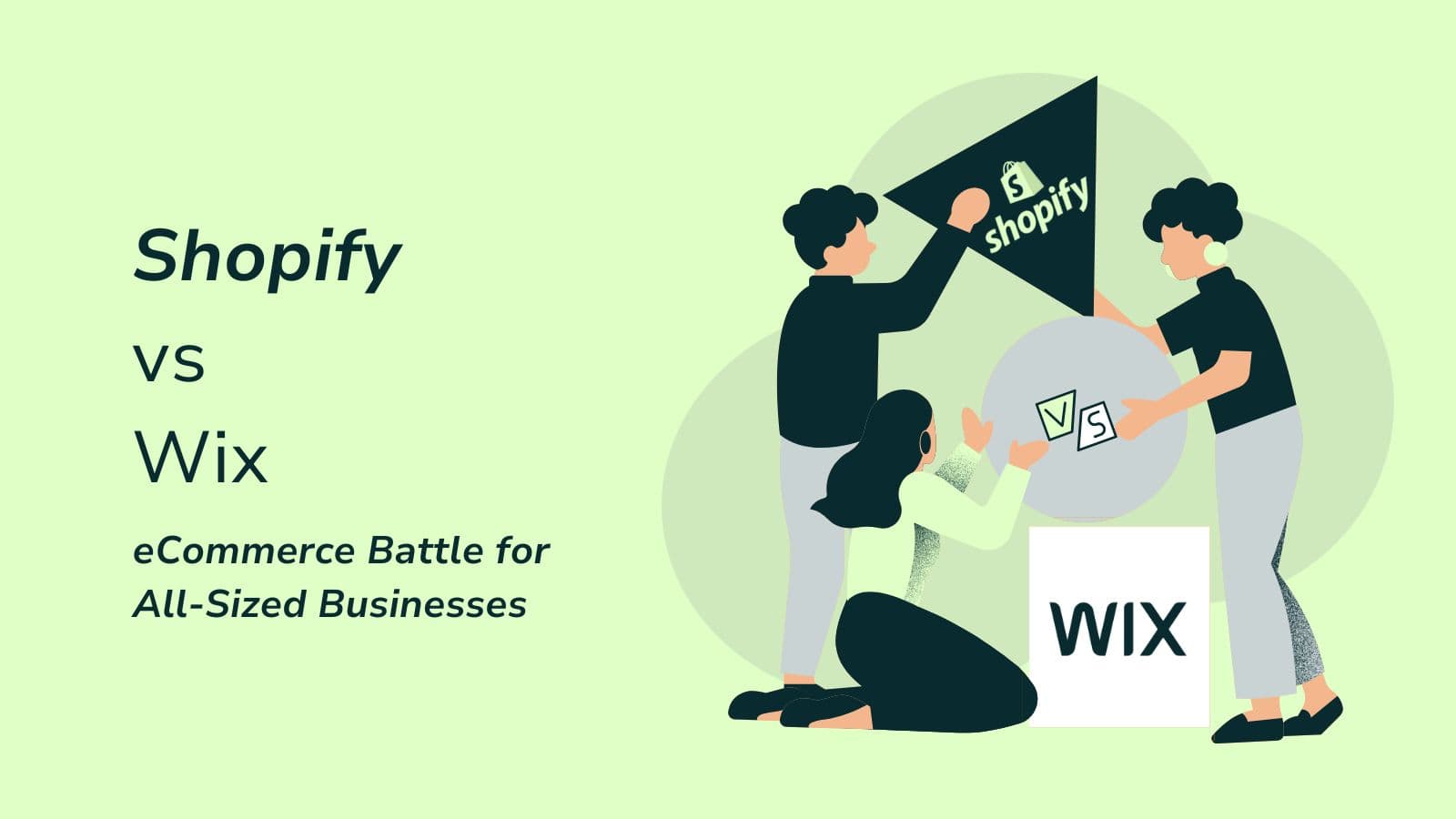
comparison
Shopify vs Wix: eCommerce Battle for All-Sized Businesses
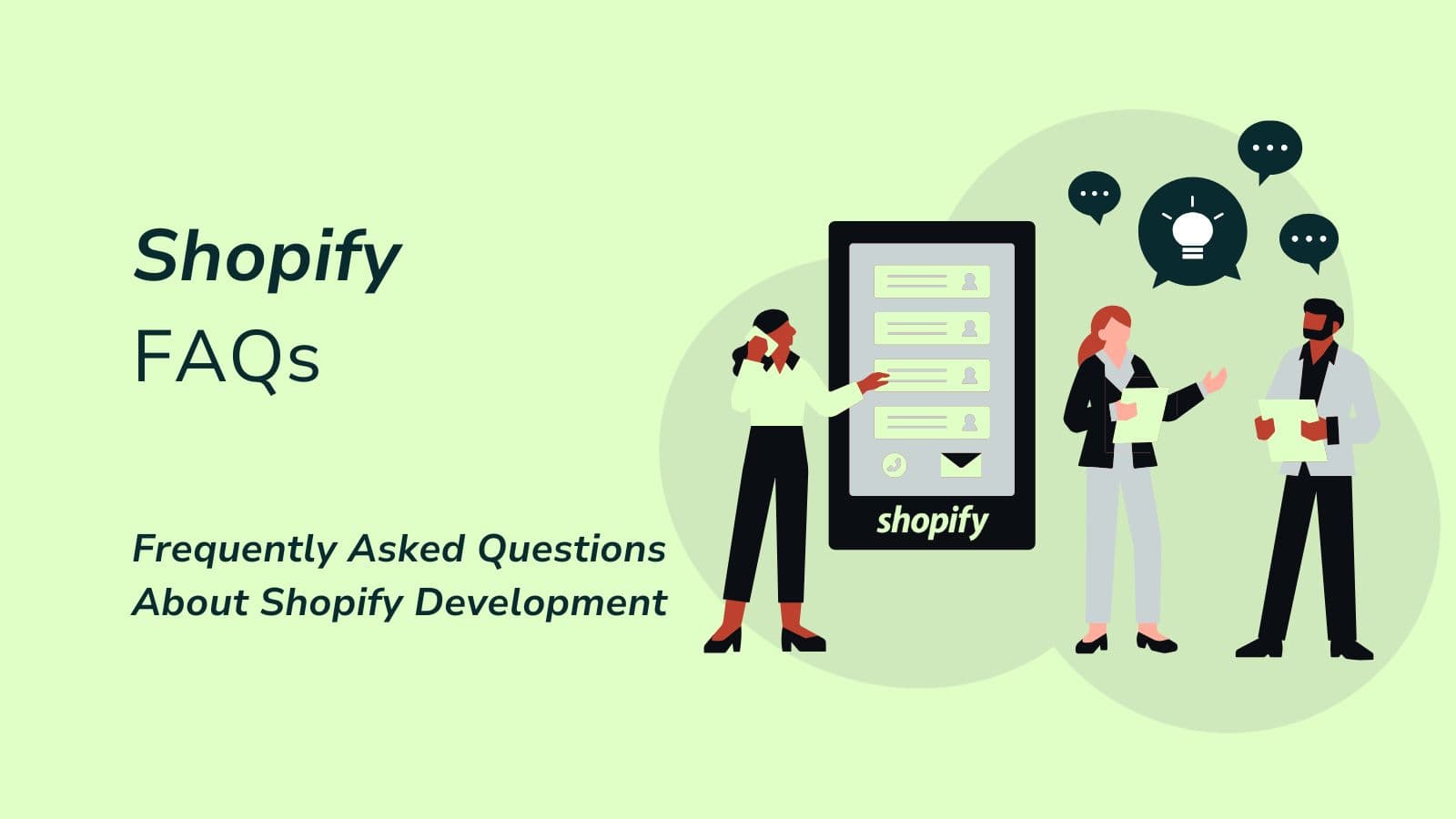
comparison
Shopify FAQs: Frequently Asked Questions About Shopify Development
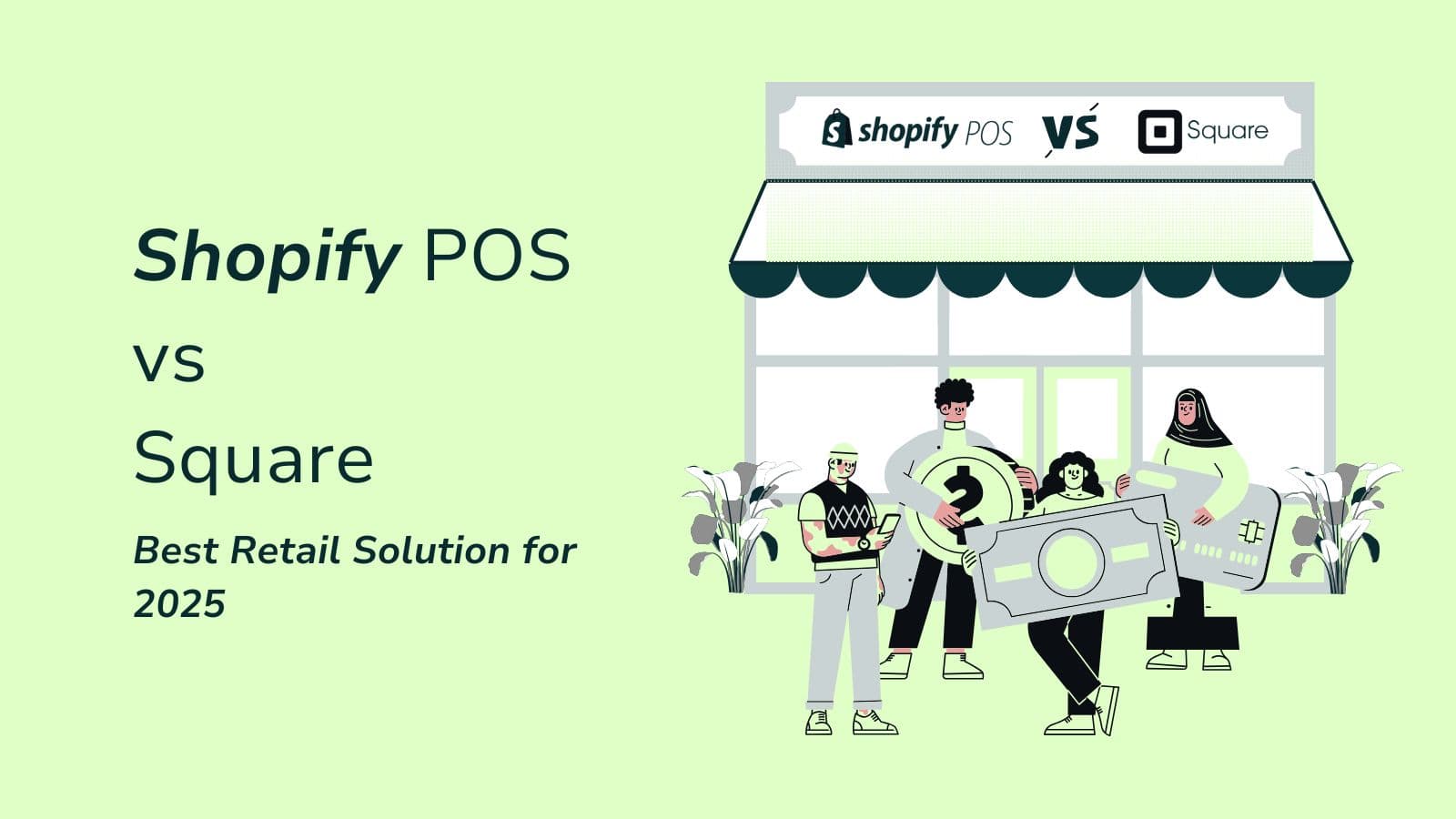
comparison
Shopify POS vs Square: Best Retail Solution for 2025

marketing
Future of eCommerce Trends 2025: Stay ahead in Shopify development
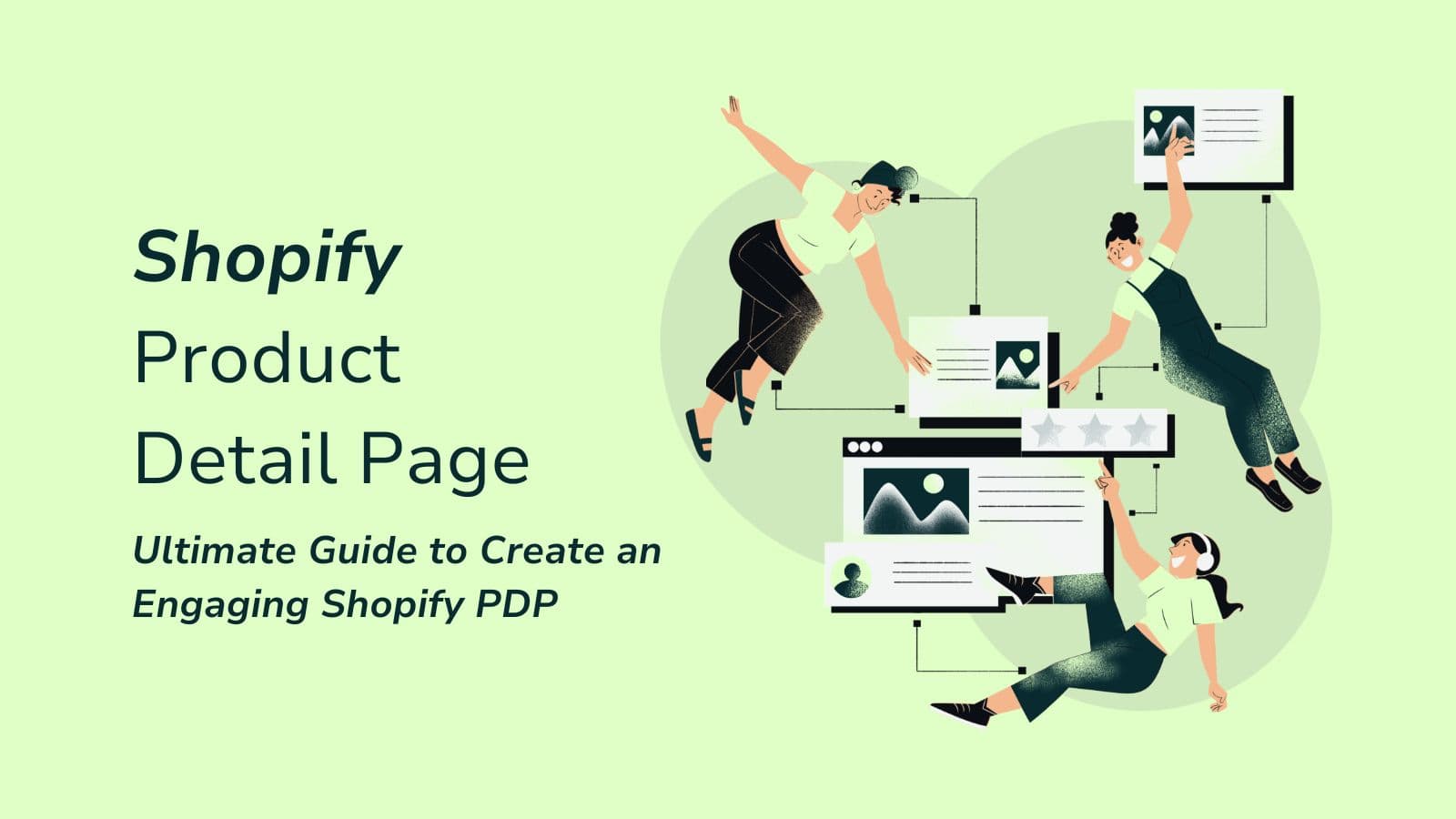
development
How to Create an Engaging Shopify Product Detail Page (PDP)
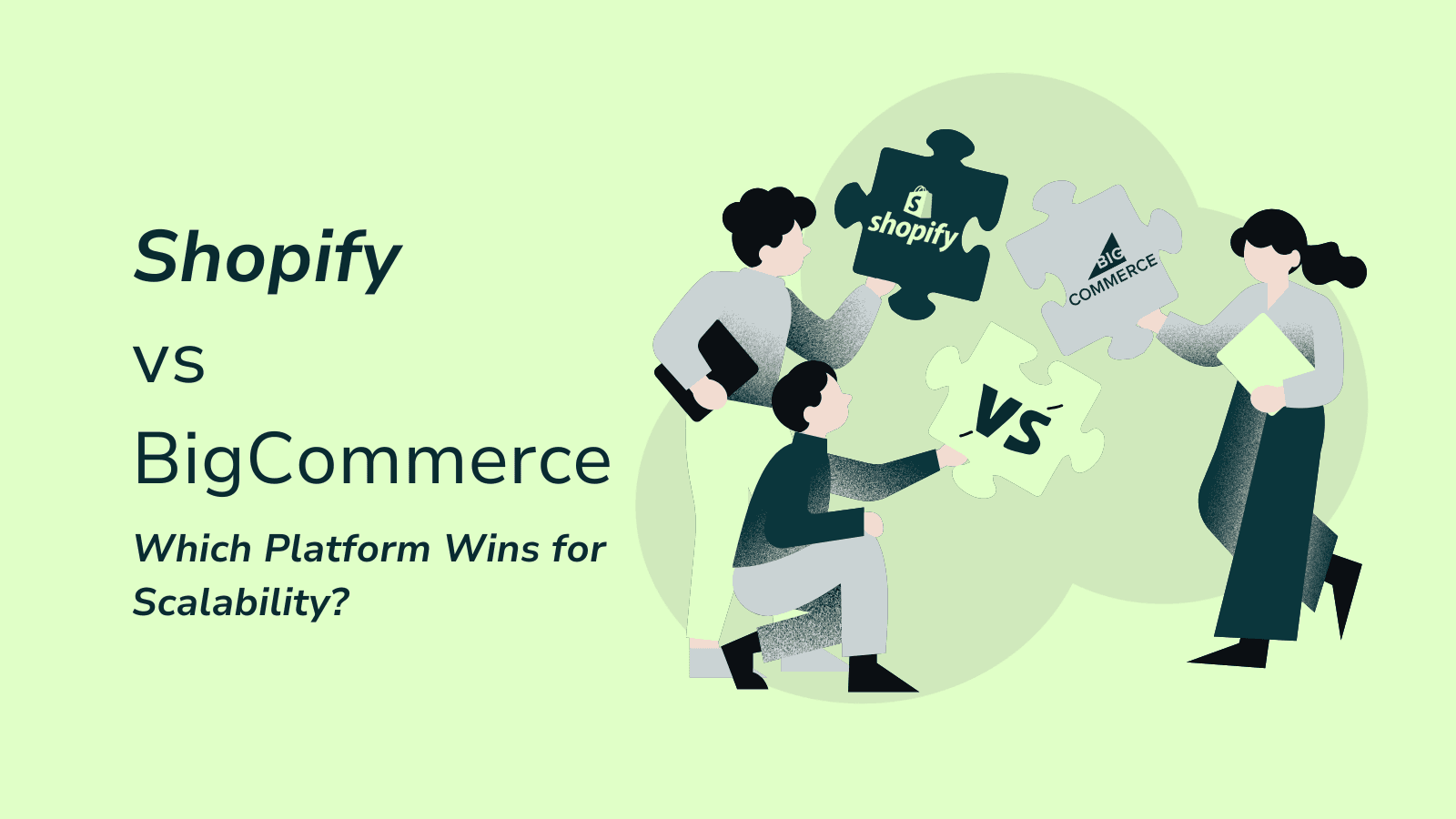
comparison
Shopify vs. BigCommerce: Which Platform Wins for Scalability?
Frequently Asked Questions
We Know Everything Shopify!
What do we get in the FREE Consultation?
In general, anything you need to know. Having built over 50 Shopify stores allows us to give you advice on any matter you seek when it comes to eCommerce and conversions.
How long does it take to build a custom Shopify store?
The timeline for building a custom Shopify store can vary based on complexity and specific requirements. Generally, it takes anywhere from 2 to 6 weeks to complete a fully functional store, including design, development, and testing.
Can you help with migrating our existing store from another platform to Shopify?
Absolutely! We specialize in seamless store migrations from various eCommerce platforms to Shopify. We ensure that all your data, including products, customers, and orders, are transferred securely and efficiently.
What kind of support do you offer after the store is launched?
After launch, we provide ongoing support that includes troubleshooting, updates, and answering any questions you may have. Our goal is to ensure your store runs smoothly and meets your evolving needs.
Do you provide ongoing maintenance and updates for our eCommerce store?
Yes! We offer maintenance packages that include regular updates, performance checks, and troubleshooting to keep your store optimized and secure.
How do you ensure that the store is optimized for mobile devices?
We implement responsive design principles to ensure that your store looks great and functions well on all devices. This includes optimizing layouts, images, and navigation for mobile users.
Can we request specific design elements or features for our store?
Absolutely! Your vision is important to us. We welcome specific requests for design elements or features, and we’ll work closely with you to bring those ideas to life.
How do you handle SEO during the development process?
SEO is integrated into the development process by optimizing site structure, meta tags, alt text for images, and ensuring fast loading times. This helps improve your store's visibility in search engines from day one.
What is Conversion Rate Optimization (CRO) and why is it important for a Shopify store?
Conversion Rate Optimization is the process of enhancing your website to increase the percentage of visitors who complete a desired action, such as making a purchase. It's crucial because even small improvements in conversion rates can significantly boost your sales without increasing running costs.
How do you ensure that our Shopify store is SEO-friendly?
We implement SEO best practices during the development process by optimizing site structure, meta tags, alt text for images, and ensuring fast loading times. This helps improve your store's visibility in search engines from the start.